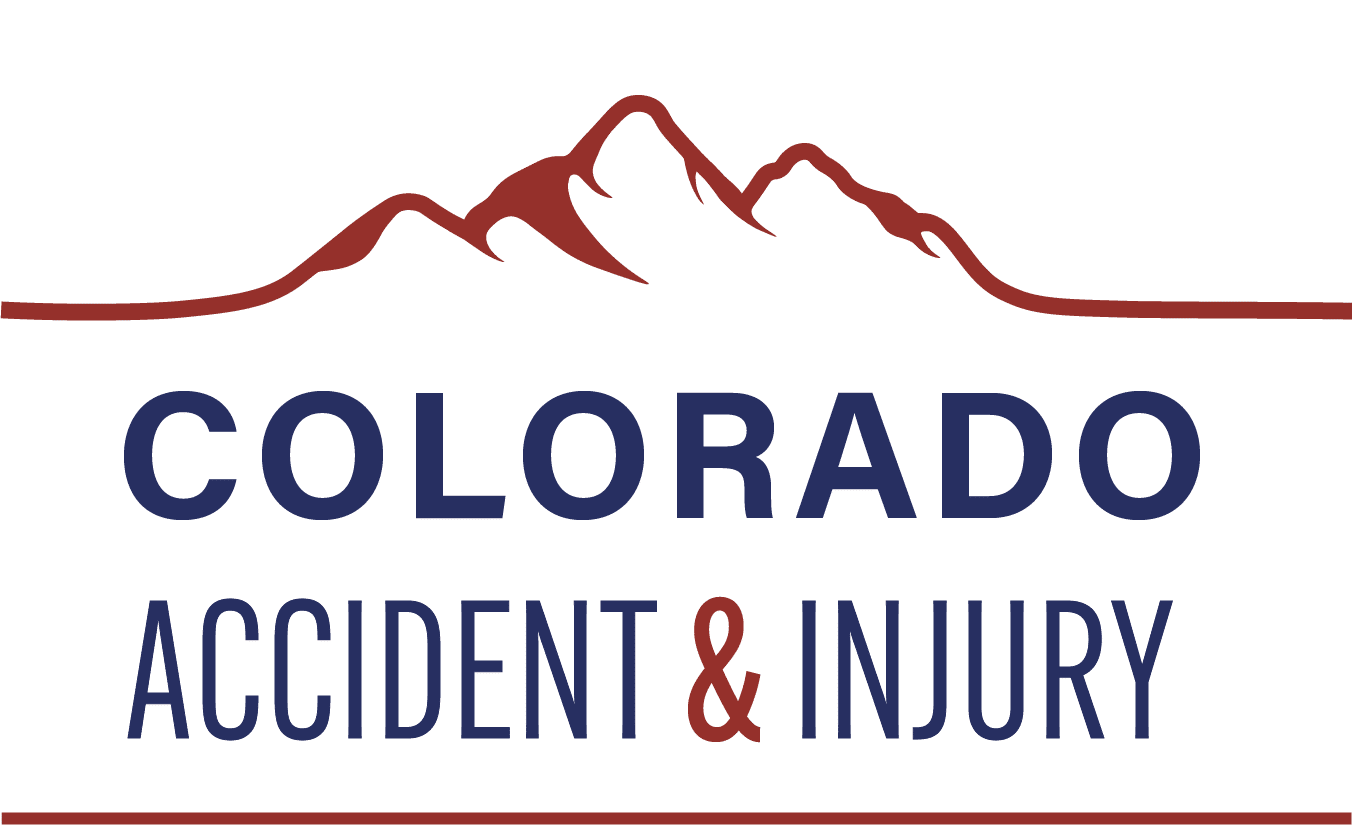03 Mar What is Survivor’s Guilt?
Almost by definition, any automobile accident is a traumatic event. However, when someone is critically injured or killed in a car crash, the odds of suffering from post-traumatic stress or survivor’s guilt increases significantly.
Clinicians debate how intertwined survivor’s guilt and post-traumatic stress might be, but the debate is mostly moot. Post-traumatic stress is commonly defined as the larger, more encompassing condition, but the relationship between the two is largely moot, except for one thing: Survivor’s guilt by itself has a more significant risk of ending with suicide than PTSD.
As such, the psychological fallout of a traumatic car accident can be life-threatening by itself. Survivor’s guilt can be a very distressing condition that should be treated as soon as possible with psychiatric help and, if need be, a range of pharmaceutical options that include anti-depressants, sleep aids and anti-anxiety medication.
What is Survivor’s Guilt?
The guilt people take on after a crash can be disproportionate to their actual blame concerning the accident. Moreover, you don’t have to be the driver of a crash to punish yourself with survivor’s guilt. Even witnesses to a crash can come away from the event with feelings of guilt, feelings that they were lucky to have survived, and that death or disability might have better been assigned to themselves than the unfortunate person who was so affected.
Survivor’s guilt is not defined as guilt over surviving; however, it is defined by developing an obsession over that guilt. It includes the inability to let go of the memory of a crash and the blame they might assign to themselves.
One aspect of the survivor’s guilt that points to the condition as a separate psychological phenomenon of its own is how many different events can trigger the condition. Survivor’s guilt is not limited to those who were in a car crash. War veterans, first responders, survivors of terrorist attacks or natural disasters, cancer survivors, and many others are susceptible to survivor’s guilt. Further, if a survivor of a natural disaster can suffer from survivor’s guilt, you can see how arbitrary the self-blaming can be. Car accidents, as the common saying goes, are called accidents for a reason. Blame is often beside the point. Yet survivors often blame themselves, and, in their inability to shake the horror of the event, the blaming obsession does not go away.
If you or someone you know has been in an automobile accident and talks of flashbacks of the event, obsessive thoughts or displays feelings of helplessness, disconnect, dissociating disorder, lethargy, fear of everyday events, insomnia, isolation, unexplained nausea or thoughts of suicide, they may be suffering from survivor’s guilt.
They should be advised to seek help from a physician or a mental health expert (social worker, psychologist, counselor, or psychiatrist).
At Colorado Accident and Injury, physicians and staff can help. The team at Colorado Accident and Injury are knowledgeable advocates for their patients and can make the appropriate referrals for you. They can also help directly with treatment options that include massage and/or medication, where it is appropriate.
Physical healing is also critical to getting past the psychological aspects of a car crash. With Colorado Accident and Injury, you’ve come to the right place, a clinic with caring professionals who can help.
Medical pain management clinic specializing in care for auto accident patients. Call 719-917-1000.
 (719) 917-1000
(719) 917-1000



No Comments